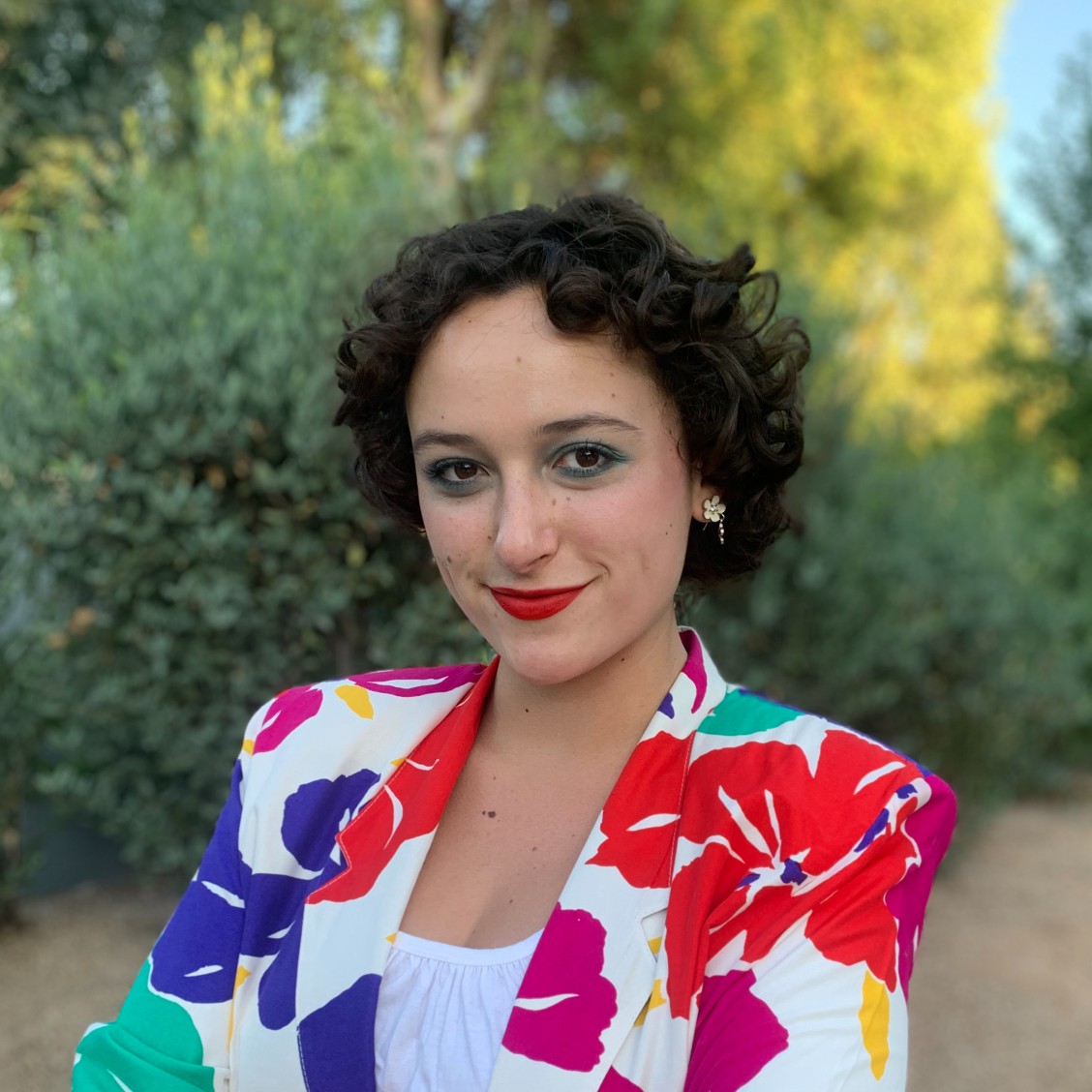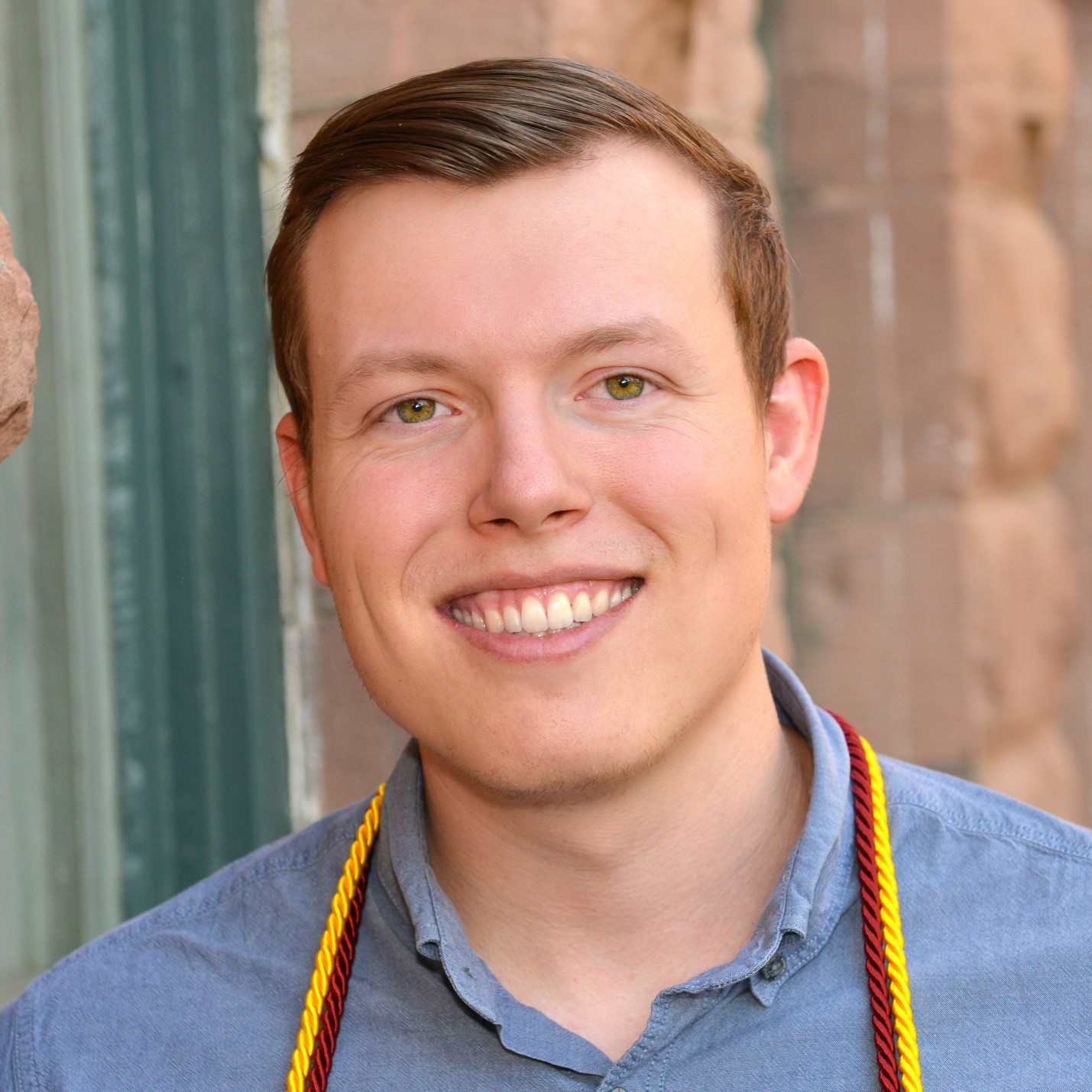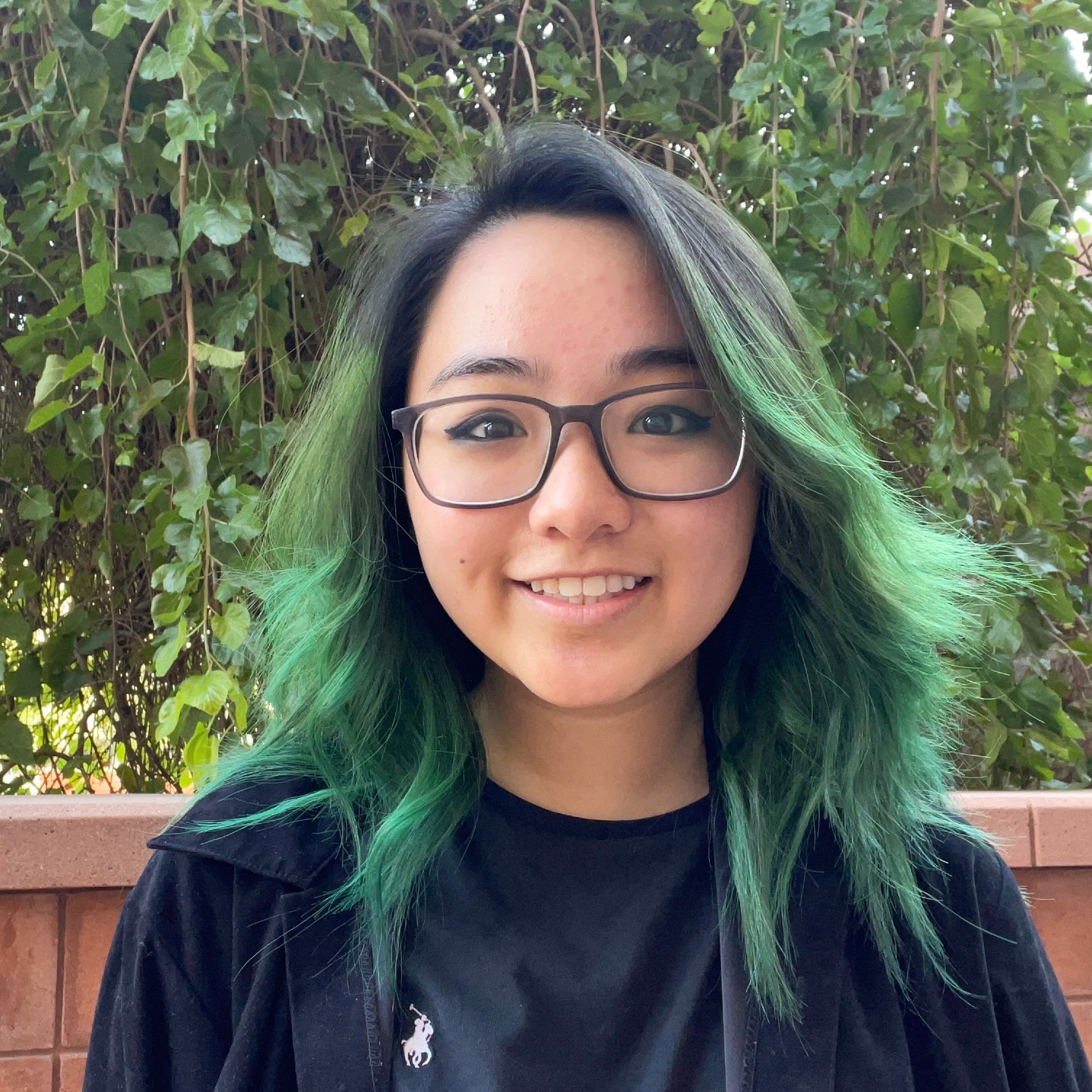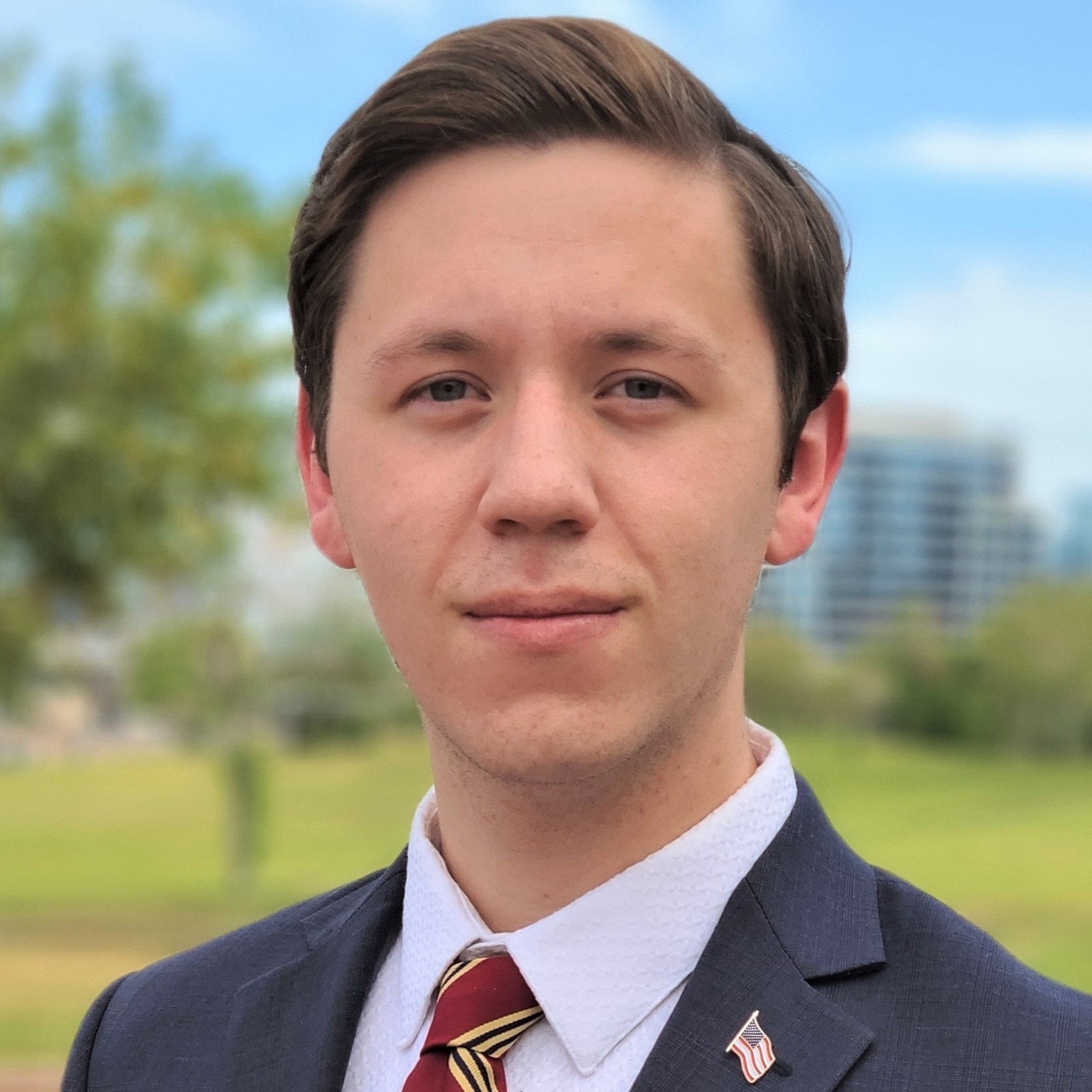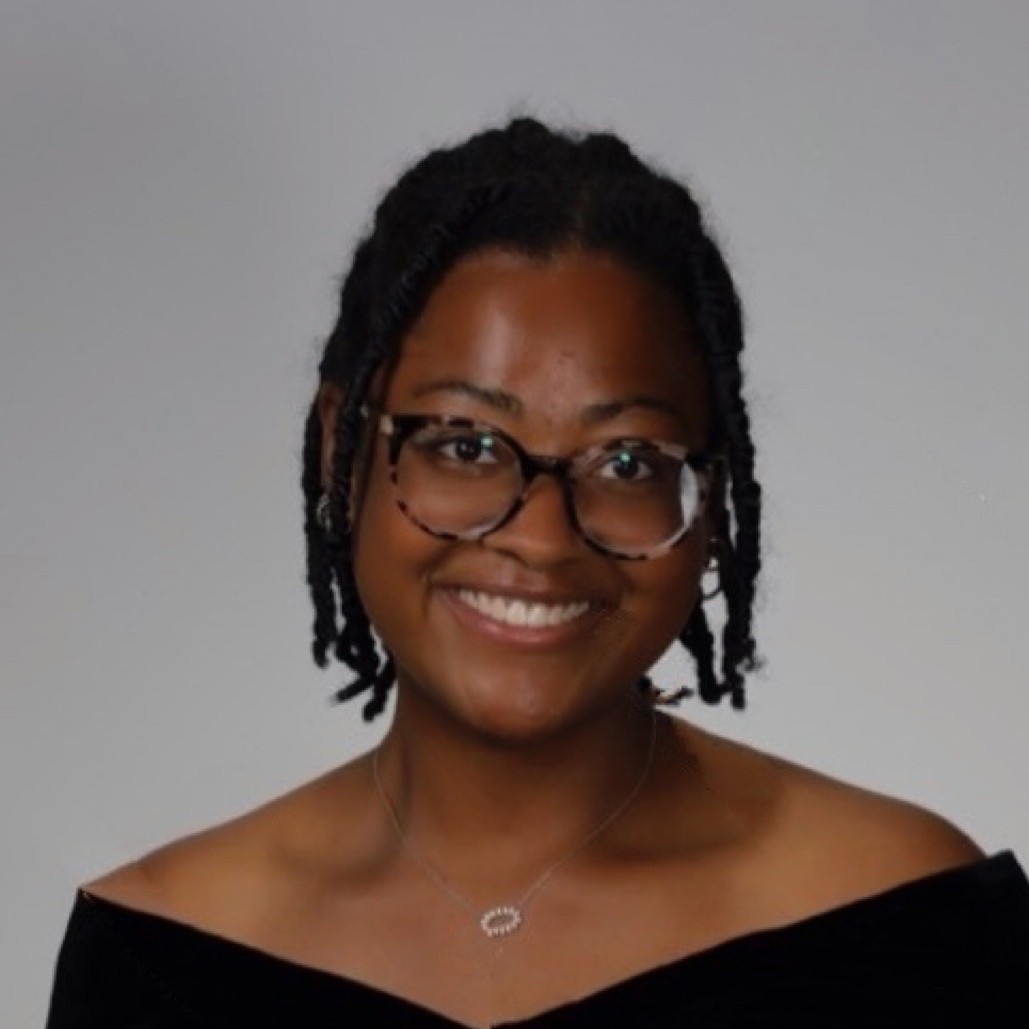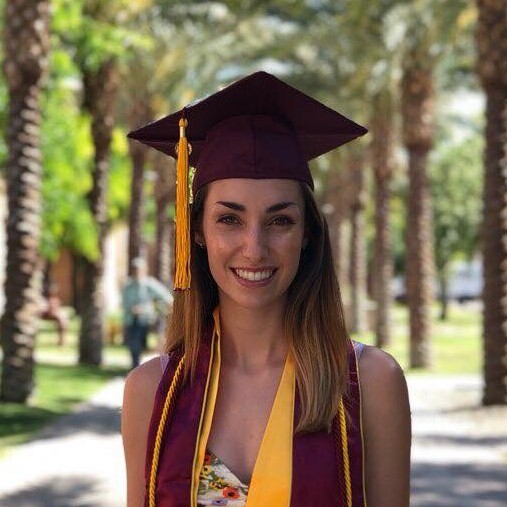7 ASU students, alumni nominated for Marshall and Rhodes scholarships

Photo by Deanna Dent/ASU News
The Lorraine W. Frank Office of National Scholarships Advisement has announced that seven Arizona State University students and alumni have been nominated for the Marshall and Rhodes scholarships, two of the most prestigious international fellowships in existence.
The Marshall Scholarship provides full support for two years of graduate study at any university in the United Kingdom; the Rhodes Scholarship provides full funding for two years of postgraduate study at Oxford University.
Together, these two scholarships are considered among the most prestigious academic awards available for American students. Famous Marshall scholars include Supreme Court Justices Stephen Breyer and Neil Gorsuch, MacArthur Fellowship-winning psychologist Angela Duckworth and Reid Hoffman, co-founder of LinkedIn. Notable American Rhodes scholars include President Bill Clinton, MSNBC political commentator Rachel Maddow, former National Security Adviser Susan Rice and current Secretary of Transportation Pete Buttigieg.
The ASU nominees include graduating fourth-year students Saiarchana Darira, Anna Espinoza, Gage Reitzel and RaNiyah Taylor; master’s degree students Rachael Kha and Janna Tobin; and May 2021 graduate Travis Hueber.
Tomorrow’s leaders
“This cohort of applicants is one of the most intellectually diverse and exciting that I’ve ever met,” said Kyle Mox, associate dean for national scholarships. “As a group, they showcase the wide range of academic opportunities and commitment to inquiry promoted at ASU.”
As the director of the Office of National Scholarships Advisement, Mox serves as the designated ASU liaison for both the Marshall and Rhodes scholarships programs and oversees the campus nomination process for the awards.
“These are very competitive awards — both fellowships have a selection rate at or below 4%,” he said. “Which is even more impressive when you consider that each of the thousand or so applicants in the national pool were all nominated by their home college or university. Everyone in the applicant pool is impressive.”
The selection of ASU nominees is done by a faculty committee that considers a range of factors, including the applicants’ academic records, leadership and service activities, previous awards and honors, and letters of recommendation.
“The most important factor, though, is a clear sense of purpose,” Mox said. “A strong candidate needs to have a clear and compelling objective that not only justifies the proposed graduate study in the U.K., but positions them to ‘fight the world’s fight.’”
For the right candidate, either fellowship can allow students with an unusual combination of interests to craft a personalized educational experience.
Anna Espinoza, a double major in philosophy and fashion, is excited by this potential.
“Coming from my field of study, it can be difficult to find a scholarship organization with a mission broad enough to possibly benefit from my participation and research, so I was very happy to learn about Marshall," she said. "I'm thrilled knowing that an application coming from a fashion major like me will be evaluated next to those of other students who study neuroscience or comparative literature.”
A challenging process
“The nomination process is long and arduous,” Mox said. “Many applicants underestimate how challenging the process of applying for these awards can be.”
The nominees agree.
“The application process was demanding,” said RaNiyah Taylor, a double major in political science and family and human development. “I began writing my essays and prepping for the application in April, and over the summer, I worked on the essays nonstop while working an internship that required 45 hours per week. In total, I probably worked on the materials for over 100 hours over five months.”
Both awards require a substantial amount of writing, including summaries of proposed graduate study, motivation for studying in the United Kingdom and descriptions of their leadership accomplishments. In both applications, a substantial personal statement that summarizes the applicant’s personal background, academic and professional preparation, core values and future goals is the centerpiece.
“Writing the personal statement was emotionally taxing,” said Rachael Kha, currently a master’s degree student in chemical engineering at ASU. “It was difficult having to confront how I perceive myself and my experiences, and then also having to pin down which parts I wanted to talk about and how to best express those ideas.”
Between April and September, applicants engage in pre-writing and brainstorming activities, craft outlines and compose multiple drafts of the application essays, all under the guidance of Office of National Scholarships Advisement advisers and their own faculty mentors.
Despite the rigor and difficulty of the application process, all of the nominees found the process rewarding.
“The application process is introspective,” said Travis Hueber, a recent graduate in political science. “It truly pushes you to understand how your story led you to become the person you are today with the goals you have chosen to pursue.”
Gage Reitzel, a graduating senior majoring in global health and psychology, agrees.
“While the application process is intense, it is rewarding," Reitzel said "The process requires an honest effort, and I believe that working through the process is grounds for better understanding one's future academic and professional trajectories in life.”
Saiarchana Darira, a triple major in global management, psychology and peace studies, said, “I would describe the application process as one of self-discovery. When I formulated answers to the questions on the applications, I was astonished about what I discovered about what I truly want from life and what my purpose is.”
A high standard
The Rhodes Scholarship submission deadline was Oct. 6, while the Marshall Scholarships were submitted on Sept. 28. Over a dozen applicants submitted applications for nomination to the campus nominating committee in mid-August. After narrowing the pool down to the applicants the committee deemed most competitive, the group then interviewed the finalists and voted on final nomination for both awards.
In addition to the applicants’ record of achievement and leadership, the committee also scrutinizes the letters of recommendation for each application.
“People are often surprised to find out that the Rhodes requires five to eight letters,” Mox said. “The Marshall Scholarship requires only three, but the readers’ expectations for the depth and quality of these letters is very high. It should be obvious that these students are really head and shoulders above their peers in various dimensions.”
Once the students are officially nominated, their applications are forwarded to the national selection committees for each fellowship. If selected as finalists, the nominees will be invited to interviews by regional selection panels. The Rhodes Scholarship hosts 16 selection districts, while the Marshall Scholarship employs eight regions, based on the territories of the British Consulates.
The Rhodes Scholarship selects 32 scholars per year, two per district. The Marshall Scholarship selects approximately 40 scholars per year.
Looking ahead
The benefits of each program are myriad. In addition to full financial support for travel, tuition and living expenses, the Marshall and Rhodes scholarships provide leadership development and cross-cultural engagement opportunities, along with the advantage of a world-class peer network.
The two programs do differ in terms of mission, however. The emphasis of the Marshall Scholarship is on maintaining the “special relationship” between the U.S. and U.K. and therefore closely evaluates the potential of each candidate to be an effective ambassador.
“I have been interested in the Marshall Scholarship since I first heard about it during my freshman year at ASU, because of the cultural diplomacy aspect of the scholarship along with the opportunity to study in the U.K.,” sakd Janna Tobin, current master’s degree student and 2019 Barrett, The Honors College graduate.
Taylor said, “The most exciting prospect of studying in the U.K. next year is the possibility of being surrounded by the world’s next political leaders. To be in a country and classrooms with future leaders from around the world will not only advance my career aspirations but also allow us to facilitate more compromise and communication in a polarized world.”
The Marshall Scholarship program also encourages its recipients to engage deeply with British culture and society during their history.
“While I will certainly be taking advantage of the opportunities to travel throughout the U.K. and experience their culture and history, the opportunity to experience the mechanisms of their government and engage the community on their opinions of their own democracy certainly excites me the most,” Hueber said.
The Rhodes Scholarship has a more global focus. In addition to the 32 American students, it also invites 78 other scholars from around the world to the cohort, including students from several African countries, the Caribbean, Germany, China and Australia, among others. The hope is that this international cohort will, over their careers, collaborate to address global issues.
“I applied for these scholarships because ever since I was a little girl, I always knew that I wanted to explore the world and help it heal,” Darira said. “It excites me to study in a new country, especially because I aspire to create a global impact with my life.”
Espinoza said, “I’m excited about the thought of meeting and talking with my possible future classmates. I think the subjects and structures of my potential programs are so unique, and I get very excited imagining what discussions would be like.”
A community of support
In recent years, ASU has seen significant success in the Rhodes and Marshall scholarships competitions. In the 2021 cycle, Barrett West campus graduate Alexander Sojourney was awarded a Marshall Scholarship and will soon begin his studies in race and media studies at Goldsmiths, University London. He was preceded by Frank J. Smith in 2018 and Erin Schulte in 2017. In total, 19 ASU graduates have won Marshall Scholarships since the program’s inception in 1954.
In the past five years, ASU has produced two Rhodes Scholars, Ngoni Mugwisi in 2017 and Shantel Marekera in 2019. Both are from Zimbabwe and were MasterCard Foundation Scholars at ASU. Historically, ASU has produced five American Rhodes scholars, with the most recent being Phillip Ryan Mann in 2001.
“Much of our recent success is the result of the community of support ASU promotes,” Mox said. “Our world-class staff and faculty put their all into helping our students succeed. And one of the most important resources for candidates are their peers. At many campuses, these students might see themselves as competing against one another — at ASU, they lift each other up.”
The nominees themselves are eager to offer advice to their fellow ASU students who are trying to decide whether to apply for a major fellowship.
“Start the application process early,” Tobin advised. “When it comes to developing each component of your application and understanding how all parts come together to form a comprehensive package, time is your most important asset.”
One of the most common obstacles is a lack of self-confidence.
“My advice for a younger student considering one of these scholarships is to not count yourself out,” Hueber said. “I faced a lot of imposter syndrome throughout the application process, asking myself whether my resume was good enough or whether my having been a community college student would be looked down upon, and I'm so grateful I pushed through and applied.”
Overthinking can also paralyze applicants, who may feel the pressured to produce a “perfect” application.
“To students who are considering these fellowships in the future, just get started,” Reitzel said. “Remember that it is impossible to edit a blank page and that the art of writing is rewriting.”
Kha said, “There are steps you can take to put yourself in a better position to apply for these fellowships. But ultimately nothing is guaranteed. So, trust yourself and do whatever excites you. If you work hard and believe your application truly represents you, you can be confident during the process knowing that not advancing probably means the organization wasn't the best fit.”
Taylor said. “My advice to a younger student considering a fellowship like the Marshall Scholarship is to go for it and not to doubt yourself or your abilities. Remind yourself that every step you’ve taken along the way at Arizona State University and every life experience has led you to this moment.”
Many potential applicants might doubt that these sorts of fellowships are welcoming of students from historically excluded communities.
“I would also tell students of color to apply because they are just as deserving of this opportunity,” Taylor said. “We need more voices of color in leadership and to apply for prestigious fellowships. If you have not already, the scholarship and the application process are great ways to help you find your voice.”
Darira said, “Never doubt your potential to get these fellowships or let imposter syndrome get to you. You are worthy, accomplished, inspiring and enough.”
Nominee profiles
Saiarchana Darira
Nominated for both the Marshall and Rhodes scholarships, Saiarchana Darira is a native of Prescott, Arizona, and graduated from Tri-City College Prep High School. She will graduate in May 2022, with degrees in global management, psychology, and social and cultural analysis: peace studies. During her time at ASU, she has been focused on global mental health, particularly among youth and humanitarian workers. She serves as a research assistant in the Global Mental Health lab at Pitzer College and is an assistant producer for Turn it Around! Flashcards for Education Futures, a learning tool developed by ASU Center for Advanced Studies in Global Education at the Mary Lou Fulton Teachers College and supported by UNESCO. If awarded the Marshall Scholarship, she will study global communication and social change at Loughborough University, followed by a master’s degree in global sustainability solutions at the University of Exeter. If awarded the Rhodes Scholarship, she will pursue a Master of Philosophy in environmental change and management.
Hale Anna Espinoza
A Phoenix native, graduate of Veritas Preparatory Academy and a Flinn Scholar, Hale Anna Espinoza has been nominated for the Marshall Scholarship. A double major in philosophy and fashion, she will graduate in May 2022. During her time at ASU, she has served as a volunteer with the Prison Education Program, leading courses on literature and fashion for adult inmates. She has also been a leader for Sun Devil Mock Trial, serving as captain of three different nationally ranked teams. She has also done legal research for scientists at the ASU Biodesign Institute and taken courses at the Sandra Day O’Connor School of Law through Project Excellence. If awarded a Marshall Scholarship, she will study for a Master of Letters in dress and textile history at the University of Glasgow. Following her time in the U.K., she will enter law school and pursue a career as an attorney, with a focus on litigation related to bans on certain forms of dress and intellectual property related to fashion.
Travis Hueber
Nominated for both the Marshall and Rhodes scholarships, Travis Hueber is a Phoenix native who graduated from Mountain Pointe High School. After graduating from Mesa Community College, where he served as student body president, he completed a bachelor’s degree in political science with a socio-legal studies certificate at ASU in May 2021, and he now works as a campaign finance researcher for the Arizona Advocacy Network. He has also worked in the district office of U.S. Rep. Greg Stanton and volunteered with AmeriCorps. Hueber’s academic focus is on democracy studies, and if awarded the Marshall Scholarship, he will study for a Master of Science in democracy and comparative politics, and then a second Master of Science in public policy at University College London. If awarded a Rhodes Scholarship, he will pursue a Master of Philosophy in comparative government, followed by a Master of Science in politics research. Following his time in the U.K., Hueber will return to the U.S. for a law degree, and his long-term ambition is to become a law professor and political activist.
Rachael Kha
Rachael Kha has been nominated for both the Marshall and Rhodes scholarships. A Chandler, Arizona, native and graduate of BASIS Chandler, Kha is completing a master’s degree in chemical engineering at ASU. In May 2021, she completed bachelor’s degrees in chemical engineering, philosophy and economics. A junior inductee to Phi Beta Kappa, she has participated in a wide variety of research experiences, including projects with the Biodesign Institute, the Pathfinder Center and her current placement in Daniel E. Rivera’s Control Systems Engineering Laboratory. Kha has also pursued her artistic and literary passions as the editor-in-chief of Lux Undergraduate Creative Review and through her own painting and music performance. Kha’s intellectual interests transverse disciplines, and in her Barrett honors thesis, she proposed a quantitative approach to assessing “counterfactual causality,” a concept most notably explored by philosopher David Lewis. If awarded a Marshall Scholarship, Kha will study for a Master of Arts in logic and philosophy of mathematics, followed by a Master of Science in mathematics and foundations of computer science, at the University of Bristol. If awarded the Rhodes Scholarship, she will pursue a Master of Studies in philosophy of physics at Oxford. In the long term, Kha intends to pursue doctoral study in either philosophy or computer science and conduct interdisciplinary research to solve “pervasive issues” that confront society.
Gage Reitzel
Graduating senior Gage Reitzel has been nominated for both the Marshall and Rhodes scholarships. A Tempe native and graduate of the Peggy Payne Academy at McClintock High School, Reitzel will complete degrees in both global health and psychology in May 2022. He is the founder and CEO of Water Works, a startup venture to commercialize a NASA-patented water-purification technology. He has also held a number of undergraduate research positions including at the Dynamics of Perception, Action, and Cognition Lab, the Smithsonian Institution, the School of Human Evolution and Social Change and the Social Addictions Impulse Lab at ASU. Reitzel’s main interest is the influence that social media has on individual health decisions, and if awarded a Marshall Scholarship, he will pursue a Master of Science in global health science and epidemiology and a Master of Science in social science of the internet at Oxford University, degrees he would also pursue if awarded a Rhodes Scholarship. Following his studies in the U.K., Reitzel hopes to work for the World Health Organization as a health emergency officer and later pursue a doctoral degree in population health science.
RaNiyah Taylor
Originally from Eden Prairie, Minnesota, RaNiyah Taylor has been nominated for the Marshall Scholarship. She will graduate in May 2022 with degrees in political science and in family and human development, along with a minor in French. This past summer, she completed a congressional internship in the office of U.S. Sen. Amy Klobuchar. Previously, she interned in the office of Phoenix Mayor Kate Gallego. While at ASU, Taylor has served as vice president of the ASU Panhellenic Council and as a delegate for Chi Omega Women’s Fraternity. In terms of research, Taylor has worked as a social challenges researcher for the ASU Humanities Lab, through which she helped to create a disability accessibility layer to the ASU campus maps; she has also served as a junior research fellow in the School of Politics and Global Studies. If awarded a Marshall Scholarship, Taylor will study for a Master of Arts in global public policy at the University of Birmingham, followed by a Master of Arts in political strategy and communication at the University of Kent. After her time in the U.K., she will begin a career in foreign relations, with an emphasis in international development and gender equity.
Janna Tobin
Nominated for the Marshall Scholarship, Janna Tobin is a Phoenix native and a graduate of Desert Vista High School. A 2019 graduate with degrees in both political science and history, she is on track to also complete a Master of Arts in global security at ASU in December. During her time at ASU, she served as a research assistant in the School of Civic and Economic Thought and Leadership and in the Center for the Study of Religion and Conflict, and she also worked as an intern with Amnesty International in Ghana. Following the completion of her undergraduate studies, she accepted a position as a full-time social studies teacher at ASU Preparatory Academy, and recently, she has been a contributing researcher with Shared Future News, an online journal that examines peacebuilding, reconciliation and diversity in contemporary Ireland. Tobin is focused on peace studies, conflict resolution and memorialization, and if awarded a Marshall Scholarship, she will pursue a PhD in international studies at Queen’s University of Belfast, after which she intends to seek university faculty positions.
More University news

3 ASU students earn Goldwater Scholarships for STEM research excellence
Three Arizona State University students have been named Goldwater Scholars for 2025, placing them among the nation’s most…

Provost Teaching Awardees, Charter Professors empower local communities, students
The ASU Charter embodies the university’s commitment to student success and research of public value and responsibility to…

New online Bachelor of Social Work program exceeding enrollment expectations
Social workers are in big demand.Citing U.S. Bureau of Labor Statistics figures, the National Association of Social Workers…



